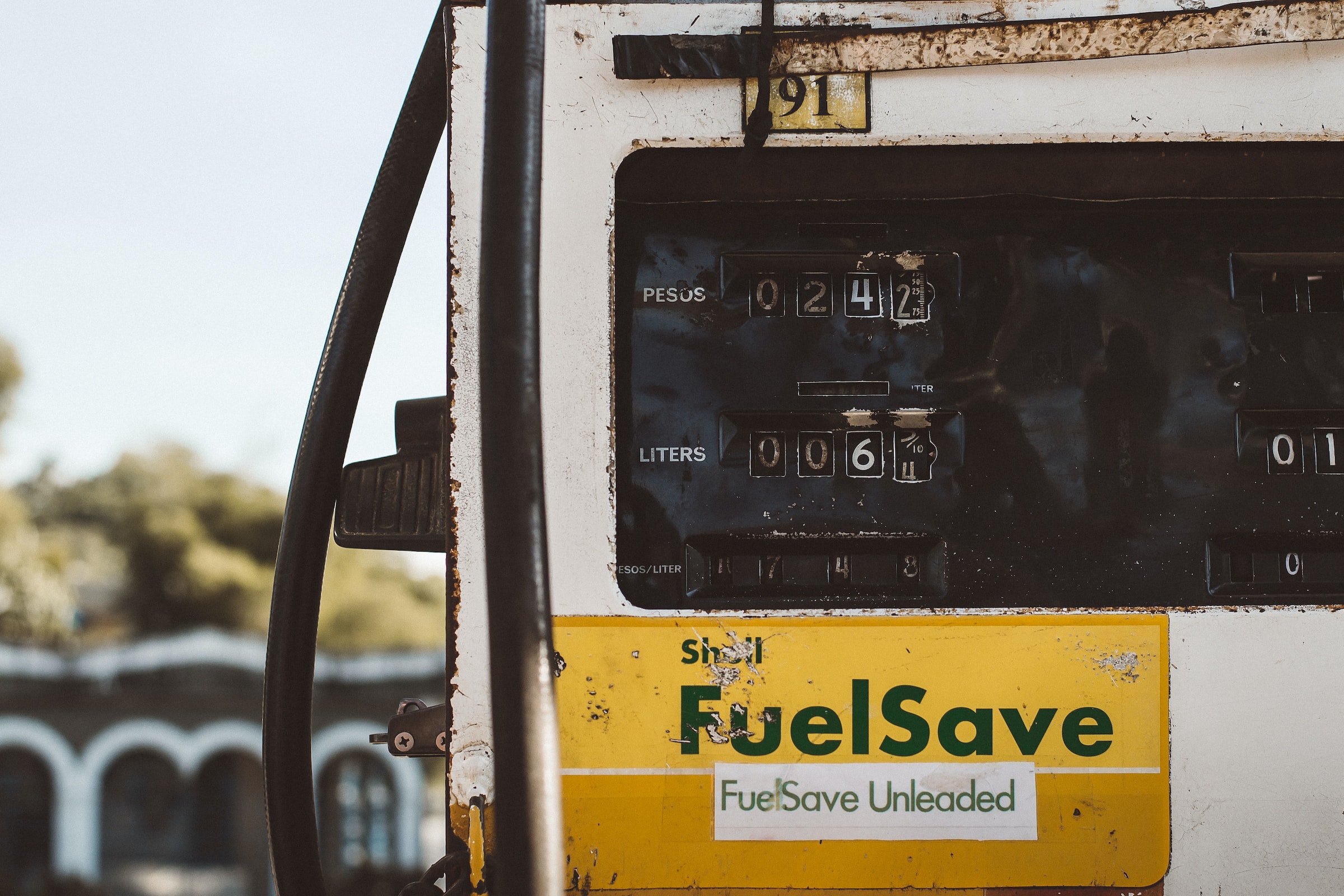Manchester – 27 June 2019. Economists make a plea to address climate change more effectively and to adopt the best solution we have so far: carbon pricing. In a short but clear statement, economists underline that a price on polluting activities is a crucial and efficient way to reduce GHG emissions. Even though not the only instrument, if properly designed carbon pricing can induce large-scale emission reductions. A price on carbon prompts companies to invest in carbon-free solutions and to improve energy efficiency. It sends a powerful signal, steering economic actors towards a low-carbon future. It encourages technological innovation, large-scale infrastructure development, as well as the diffusion of carbon-efficient goods and services.
Therefore, the existing European Union’s Emissions Trading System (ETS) needs to be tightened and extended to other sectors. The revenues from auctioning permits should be used to improve technological innovation and to mitigate their impacts on society and the economy.
The statement was prepared and signed by the Policy Outreach Committee (POC) of the European Association of Environmental and Resource Economists (EAERE) and was officially presented by EAERE President Carlo Carraro today during the opening ceremony of the Association’s 24th Annual Conference at the University of Manchester.
Carbon pricing
As emerged during the UN Climate Change Conference (COP24) in Katowice (Poland) last December, countries are increasingly using or considering the use of carbon pricing instruments to achieve the targets set under the Paris Agreement. This statement is a further step in this direction and acquires even more relevance as in these hours another important appointment for climate policy is taking place: the UNFCCC Climate Conference in Bonn. The conference hosts events, meetings and negotiating sessions that are setting the stage for raising ambition to mitigate greenhouse gas emissions, accelerate resilience, and ensure that climate policy is built on a solid scientific foundation.
In this context, this statement represents a clear signal by economists on the importance of drawing the attention of policy-makers to carbon pricing as a key instrument to reach the targets set in the Paris Agreement, with an eye to the next COP in Santiago de Chile scheduled for December 2019.
Read and sign the statement, connect to the EAERE website at this page: http://www.eaere.org/statement/
Once filled in with your name, e-mail and country, your name will appear as signatory in the list below.
EAERE is the largest and most prominent scientific associations worldwide in the field of Environmental and Resource Economics. With around 1200 members in over 60 countries from Europe and beyond, from academic and research institutions, international organizations, the public sector, and the business world, it has been working for almost 30 years for the development and application of environmental, climate and resource economics as a science in Europe. (www.eaere.org)






